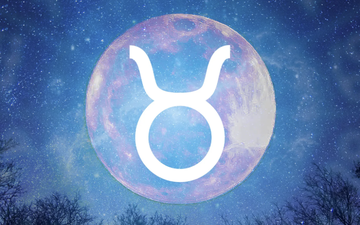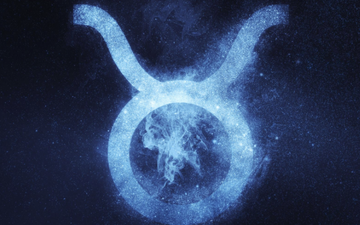
TikTok is where, with the help of an algorithm, even the smallest observations can become unwritten “rules” of the internet. This is especially true when it comes to love and dating, with theories and “tests” claiming to unravel the mysteries of modern relationships (Examples: “red nail theory,” the three-month rule, the orange peel test, etc.). The latest trend to catch TikTok users’ attention? The “March Theory,” which says that this month brings major romantic changes—both positive and not-so-good.
Of course, interpretations of this theory vary from one user to the next. Some believe that March is the month when big breakups happen - relationships that are on the verge of ending, finally coming to an end. Others think it's the month of new love, the best time to date again and start a new relationship. Another viral version of this theory suggests that during this month you either fall in love unexpectedly, or your ex comes back into your life.
What remains constant in all versions of the “March Theory” is that this month brings unexpected changes to your romantic life. Although this may sound ominous - especially to those who believe that March is a month of separation - at its core, the theory has a positive approach: “out with the old, in with the new.” So whatever happens this month in your love life, according to this theory, is simply a step towards a better future in love.
Is there any truth to this theory?
Essentially, the "March Theory" claims that this month brings unexpected changes to your romantic life - whether it's the end of a relationship or the beginning of a new one.
This idea is related to the transition from winter to spring and is related to another TikTok trend, the “April Theory,” which claims that April is the “New Year” of the internet. According to psychologist Sarah Hensley, the changes that occur during this period have a psychological explanation: “The idea is that the weather is warming up, ‘cuffing season’ is ending, and people are more open to new romantic opportunities. Spring represents growth and renewal, so many people feel an urge to leave relationships that are no longer making them happy and look for something new.”
If this seems logical, understandable. But is this theory supported by science? The answer is… no.
The connection between the "Mars Theory" and astrology
Although there is no scientific evidence to support this theory, astrology offers some interesting insights.
In astrology, March marks a period of change and transition: it begins with Pisces, the last sign of the zodiac, and ends with Aries, the first sign. This transition symbolizes the end of one cycle and the beginning of another, a theme that fits with the idea of ??separations and new connections mentioned in the “March Theory.”
Plus, March is a busy month this year: Venus and Mercury are in retrograde, while lunar and solar eclipses make this month a time of chaos and major changes. So if your love life seems like a real mess this month, there's a good chance something big is happening — whether it's from the universe, the stars, or just TikTok!
Sources: Cosmopolitan





